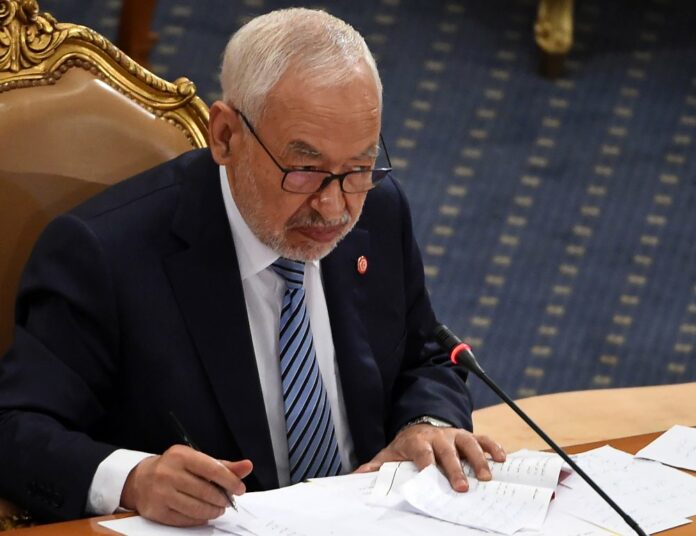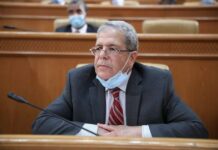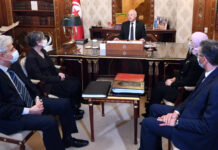After the recent events in Tunisia , the Washington Post published an article , yesterday to talk about tunisian prosecutors who have opened investigations into alleged foreign campaign funding and anonymous donations to Islamist movement Ennahdha and two other political parties.
Calm prevailed in Tunis, the capital, four days after nationwide protests that ended with the president’s decision to centralize power in his hands “until social peace returns to Tunisia and until we save the state.” The following day, on Monday, security forces raided the Tunis offices of Al-Jazeera, the Qatar-based satellite news network and shut it down according to to the same source.
- investigations opened in mid-July
Recall that ,the spokesperson for the financial prosecutor’s office, Mohsen Daly, said Wednesday on Mosaique FM radio that the investigations were opened in mid-July.
He also announced ” investigations were opened earlier this month into the country’s national anti-corruption agency — suspected itself of corruption — and into Tunisia’s Truth and Dignity Commission created to confront abuses during Tunisia’s decades of autocratic rule.”
The Washington Post evoked ,also , the tweet of Cairo bureau chief for the New York Times who said that she and her team reporting in Tunis were detained for two hours by police. “We’re continuing to report in Tunis,” Vivian Yee added
Ennahdha’s leader, who is the speaker of parliament, said Tuesday that his party is a perfect target to blame for Tunisia’s crescendo of economic, health and other problems. Coronavirus infections are notably ravaging the country, aggravating public anger.
Tunisia, which ignited the Arab Spring a decade ago when protests led to the overthrow of its longtime autocratic leader, is often regarded as the only success story of those uprisings. But democracy didn’t bring prosperity accordig to the Washington Post.
- “Mixed reactions” to Saied’s decisions
Reactions in Tunis were mixed to Saied’s decisions, with some hoping they bring stability and others worried he seized too much power.
Omar Oudherni, retired army brigadier and security expert, said the president’s moves, coming after a day of nationwide protests, “put an end to the development of anger … This decision calmed the situation and protected the state and citizens, and even the ruling political parties, from the people’s wrath.”
“The Tunisian people will not be silent on any tyrant,” and will resist if the president goes too far, he said. “Doing what is good will receive support, and if he wants dictatorship, the people will sweep it up as they swept others.”
- Saied’s decisions
It should be recalled that,the President of the Republic, Kais Saied, announced ,on Sunday 25 July 2021, the activation of Article 80 of the Constitution, noting that he took this decision after consulting with the heads of government and the Assembly of People’s Representatives.
Saied said during a meeting with security and military leaders that he had taken a number of decisions, which he said would be implemented immediately.
He highlighted that the first decision is to freeze all the powers of the House of Representatives, indicating that the constitution forbids its dissolution.
He pointed out that the second decision is to lift the immunity of all deputies and that the third decision is the presidency of the Public Prosecution will move within the framework of the law, and indicated in a fourth decision, which is the dismissal of Prime Minister Hichem Mechichi and the presidency of the executive authority .











